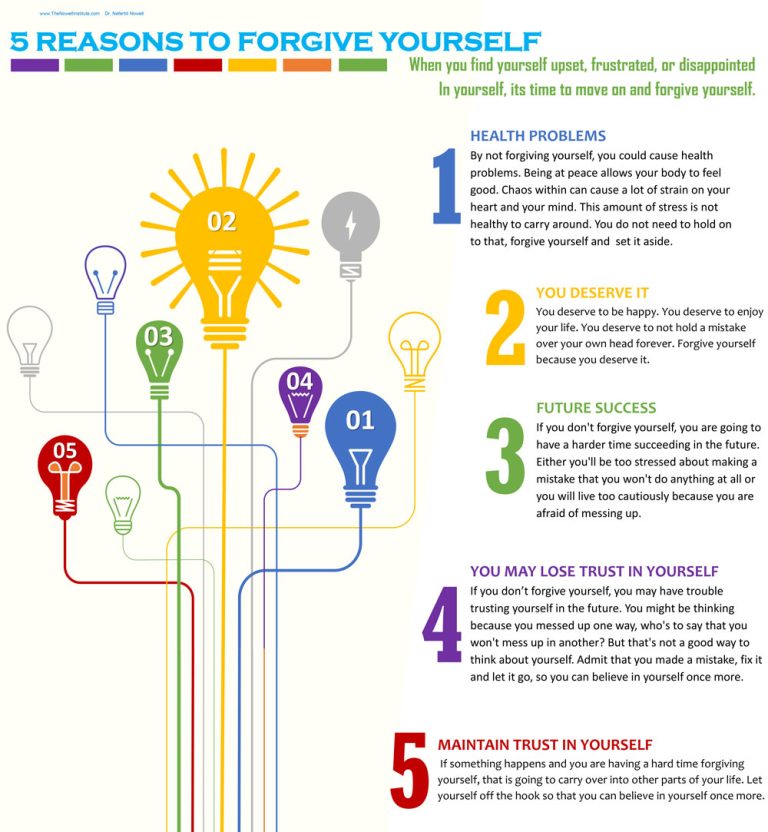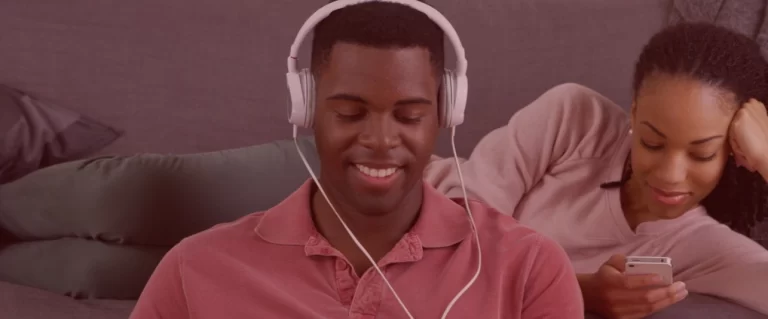Some say that love can conquer all, but a couple struggling with the affects of the pressures of an eating disorder may need a little outside help. Though eating disorders are reportedly higher in women than men, both genders can develop an eating disorder. The most commonly seen are anorexia (starvation) and bulimia (binge eating and purging food). There are many reasons that people struggle with these disorders that include but are not limited to weight control and the positive response that both men and women receive when they lose weight; to emotional control and the ability to control food intake even if a person can not control the other aspects of their lives. Many anorexics say that they had a lack of voice in their families and interpersonal relationships and that they were able to find power in their ability to restrict food and become more and more thin.
There are signs to watch for that may suggest your partner has an eating disorder. For anorexia look for extreme weight loss, excessive working out, food restrictions, an avoidance of social interactions (usually as a way to avoid eating in front of others), an extreme fear of weight gain, decrease in physical intimacy, and mood changes. For bulimia, you may notice large amounts of food disappear in a short period of time; frequent bathroom breaks after meals, laxative use, vomiting, and weight fluctuations. Also note that persons that are dealing with an eating disorder often become preoccupied even obsessed with food and can feel overwhelmed in situations where food is presented or where food is the focus; for example a date night at a restaurant or a birthday party where there might be cake and they feel they may be “forced” to eat some. In addition to food being an issue, working out can become a major obsession as well. For example anorexics may often work out for hours pushing their bodies over the limit especially for the limited caloric intake that may be consumed, you may also see a person that has bulimia do a ten mile run after a binge eating episode, or begin a risky diet to help prevent weight gain.
Watching this happen to someone you love is difficult, but don’t become a “Food Cop” and be intrusive with your partner’s eating habits, force eating, punish with a lack of emotional support or threaten to leave. A better plan may be having a conversation about what you are noticing and suggesting third party professional help. Find out what supports your community may have by calling local hospitals and treatment facilities, and be willing to go with your partner to establish treatment. You may want to consider a support group for yourself. Be careful of your words, when a person suffers from body image issues the smallest comments, even those well intentioned can trigger a spiral downward or feelings of a lack of emotional control that feed the compulsion to control body weight. How one sees their own body becomes a major problem and negative comments or jokes can contribute to extreme behavior. Remember to weather the storm! A major issue for the partner of a person who battles an eating disorder may be the decreased desire for intimacy. Instead of feeling supportive and wanting to help, many partners feel rejected and unloved, this may cause you to miss the bigger picture and not notice the depression and anxiety that can exist alongside an eating disorder that may contribute to the emotional distance that you may feel from the one you love. Loving someone means that you are there through thick and thin, you can do it, but you don’t have to do it alone, reach out for professional help as well as do a little internet research some spots that may help are: www.bulimiaguide.org and www.nedic.ca. Couples can love, even through mental illness, recovery from an eating disorder is possible with the right attitude and supports.
Dr. Nefertiti Nowell




